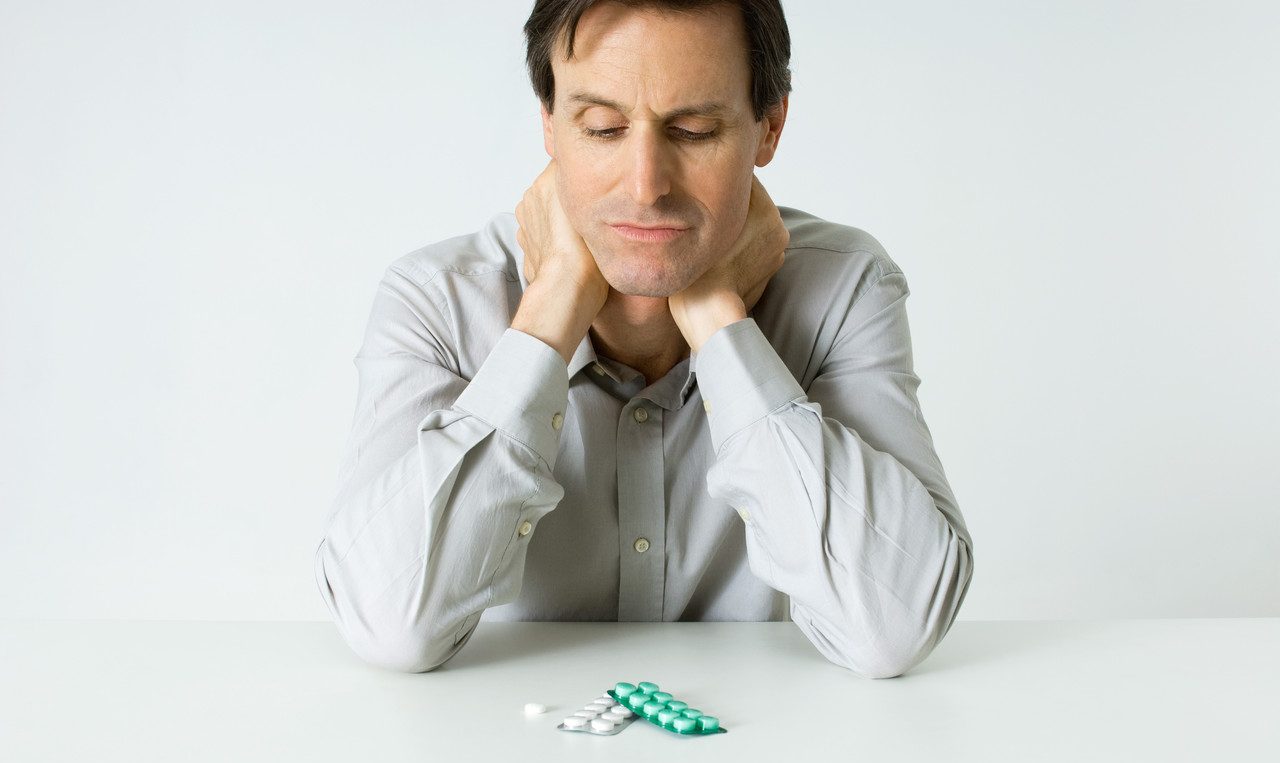Do Antidepressants Work? It’s Complicated

Increasing evidence weighs against taking antidepressants for mild-to-moderate symptoms, given their side effects.
According to the Centers for Disease Control and Prevention, 12 percent of Americans take antidepressants — but whether they should is subject to increasing debate.
In one study, researchers looked at the records of more than 5,600 patients diagnosed with major depression by their doctors. Upon examination, they found only 38 percent in fact met the clinical criteria for depression. Yet most were given medication anyway.
Meanwhile, growing evidence suggests antidepressants may not work nearly as often as they’re prescribed.
It’s long been known that average response to antidepressants hovers around 50 percent, meaning that half of all people who take them feel better — no longer have depressive symptoms and achieve remission — after 6 to 8 weeks (how long most studies last). The other half, at minimum, are generally not helped.
Compare that 50 percent to the placebo effect, in which people given a nonactive substitute for medication, usually a sugar pill, report feeling better. The placebo effect has consistently been measured at 30 to 40 percent over decades of medical research, and it even seems to be growing in antidepressant trials.
That means antidepressants may be little better than “expensive Tic-Tacs,” as Newsweek memorably put it in 2011.
Keith Johnsgard, PhD, a retired psychologist and professor emeritus of psychology at San Jose State University, says consumers are right to be concerned.
Johnsgard points to a meta-analysis (a review of multiple studies) published in the Journal of the American Medical Association. The authors looked at six studies of 718 patients with mild, moderate, severe, and very severe depression. Of those, only the very severely depressed saw benefits with antidepressants. For everyone else, there was no significant difference between the medication and a placebo. The results suggest, Johnsgard says, that “you might as well be prescribing jelly beans as Zoloft to your patients.”
For the severely depressed, antidepressants have been shown to be effective in several trials. There’s little disagreement on this point. Yet for mild-to-moderate depression — which amounts to as many as three-quarters of those suffering from depression — there is far less evidence for the use of antidepressants.
Scientists will continue to examine the data. But consumers could consider other options. There may be better ways to feel well than reaching for medication — particularly when it comes with side effects like weight gain, sexual dysfunction, nausea, diarrhea, constipation, and even suicidal ideation. (But talk to your doctor before stopping your medication.)
Johnsgard, the author of “Conquering Depression and Anxiety Through Exercise,” is a strong proponent for exercise. Whether in combination with psychotherapy or alone, he says, “exercise has a profoundly healing effect.”
In a study from Duke that compared brisk walking three times a week to the antidepressant Zoloft, both were found to be nearly equally effective, while those who exercised were less likely to relapse. “What it suggests is that exercise per se, just by itself, does as well as Zoloft,” Johnsgard comments, “and the effects are likely to last longer.”
More recent reviews have continued to suggest exercise can be as effective as antidepressants or therapy. “It turns out that exercise as a treatment for depression is proven to be effective all the way from dealing with everyday men and women,” Johnsgard says, “to severely depressed, hospitalized individuals.”
“In fact, research on mood — and there’s maybe 20 years of it — indicates that ordinary folks … out in the world who exercise regularly suffer far less depression and anxiety and anger — those are the critical ones — compared to ordinary people who don’t exercise.”
Johnsgard acknowledges that getting up and doing anything at all can sometimes be the last thing you want to do if you’re depressed. But, he emphasizes, “it’s just simply a fact that exercise has a profound effect on mood — and primarily on depression and anxiety and hostility.”
To give it a try, he suggests, start small. The benefits of even a small amount of exercise — for example, just three 10-minute walks per day — have been proved to be substantial, so you’ll be taking care of your physical and mental health at the same time. (If you have heart problems or other serious or chronic health issues, be sure to check with your doctor before beginning an exercise routine.)
If walking doesn’t suit you, think back to what you enjoyed when you were in college or high school. “Whether it’s riding a bicycle, or swimming, or rowing, or whatever it is, go back to that,” he suggests.
You might also try exercising with a friend or neighbor — or even your therapist.
Johnsgard, at 87 years old, is a living example of his own advice. He stopped running every day just two years ago, and still walks three miles daily. He once prescribed exercise to his therapy patients, he says — “and if they wouldn’t do it, I would spend my hour of therapy every week walking with them.” He called it “walk-talk therapy.”
Updated:
February 21, 2020
Reviewed By:
Christopher Nystuen, MD, MBA